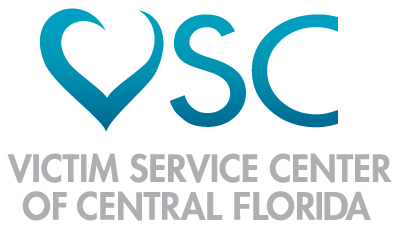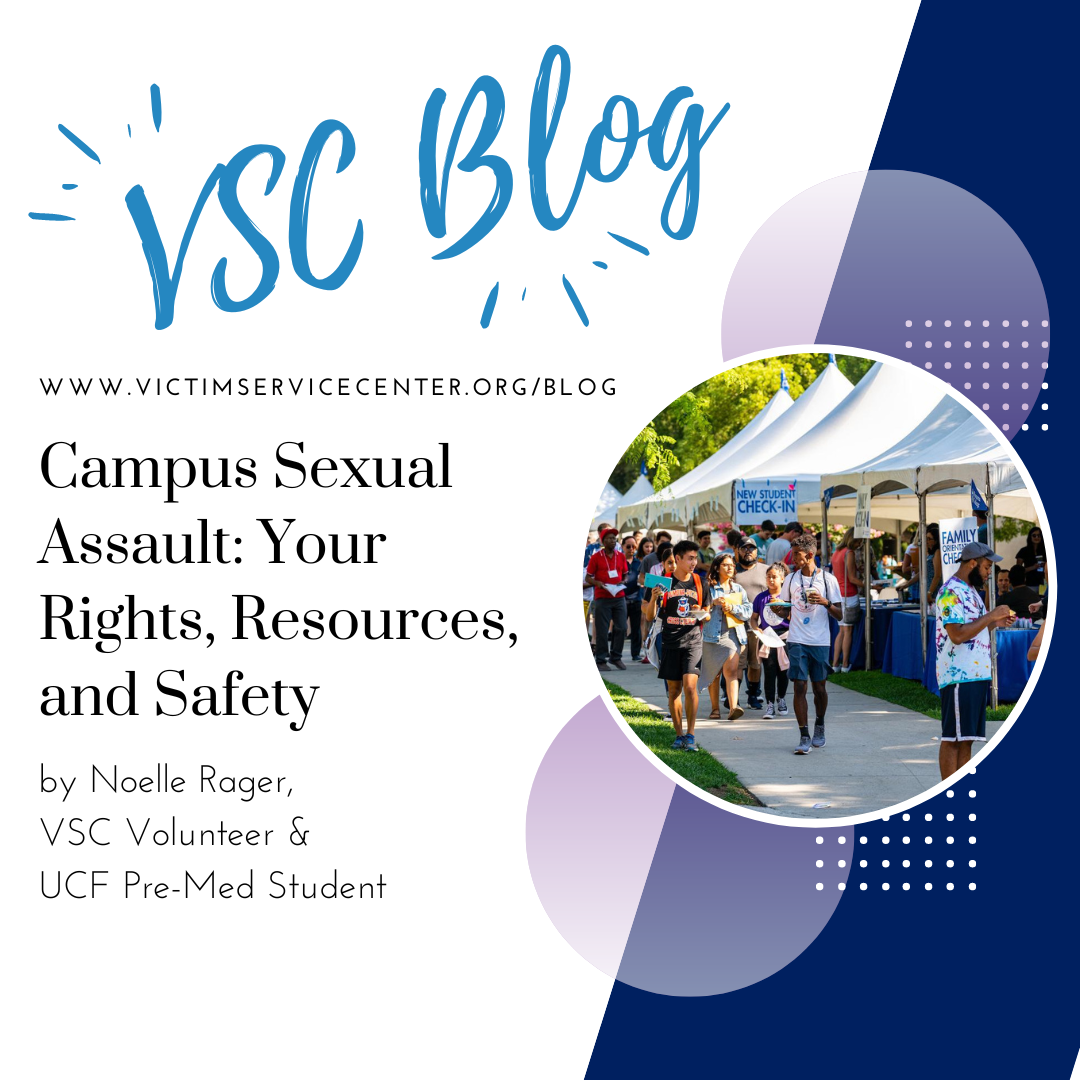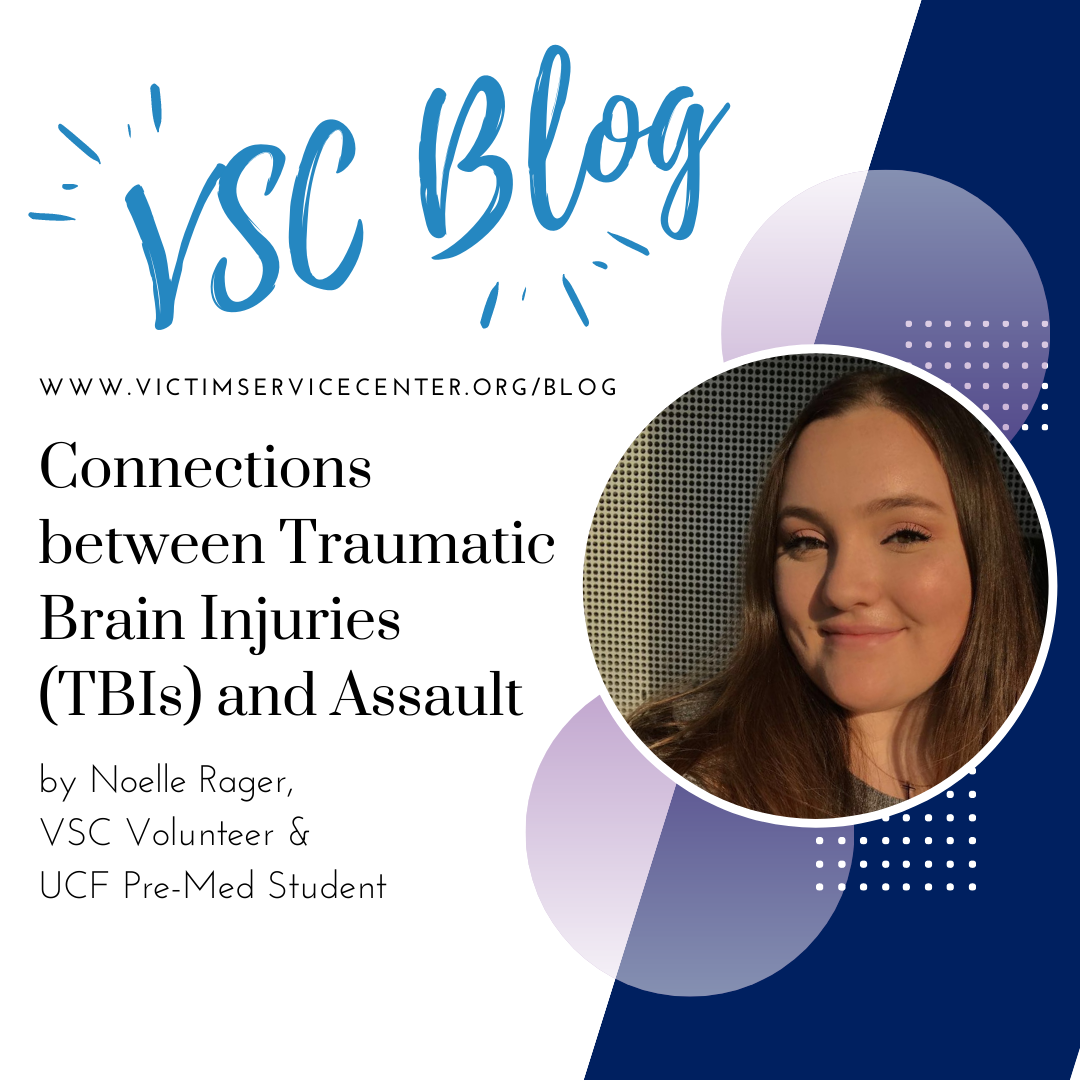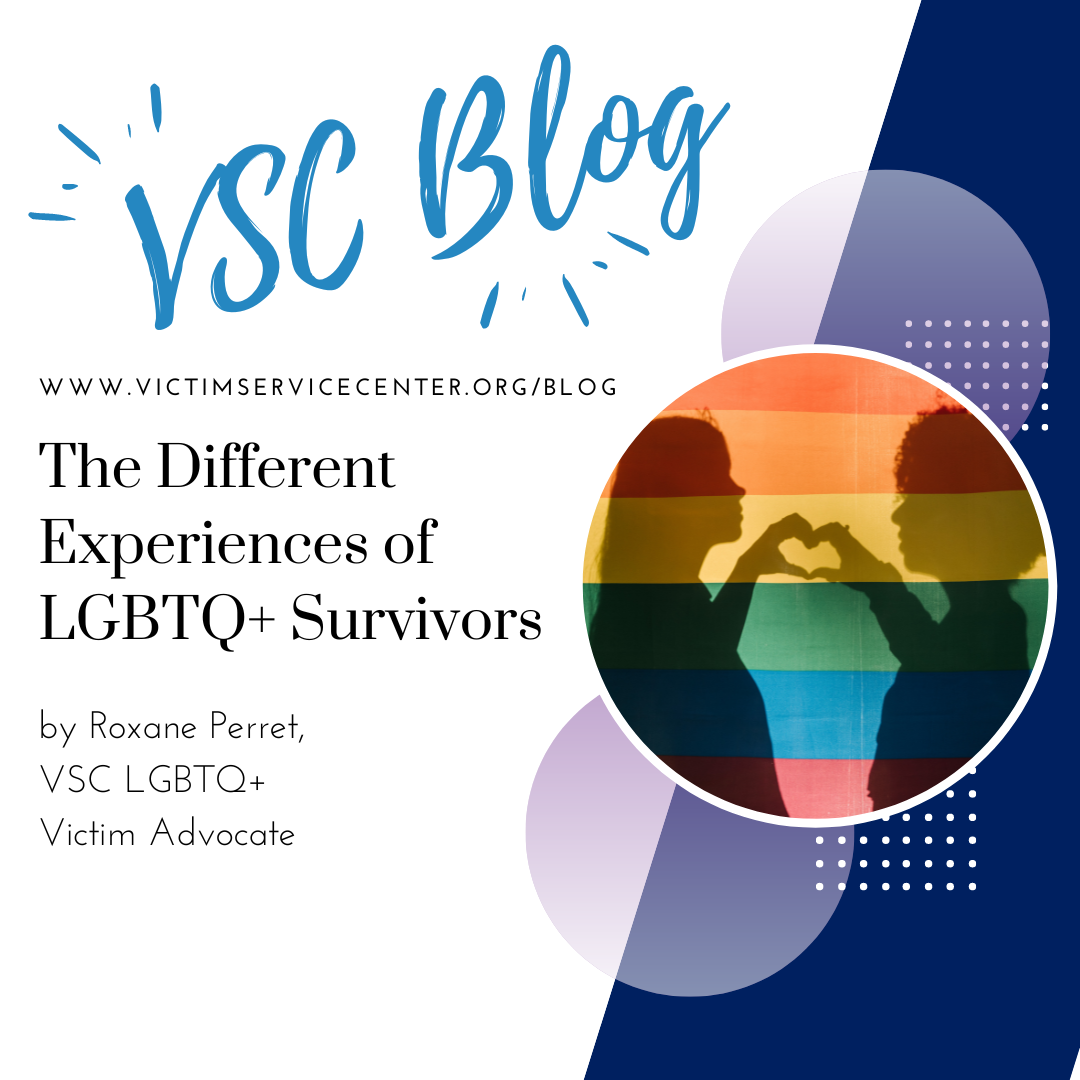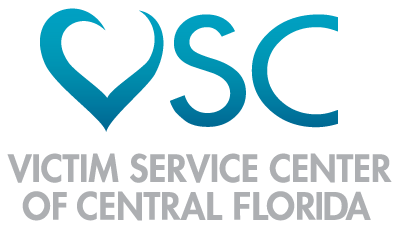
by Isaac Salazar (He/Him/Él), UCF MSC Assistant Student Director, Senior Psychology and English Major
As my coming out anniversary approaches this upcoming January, I look back at the past five years and how much has happened since then. The ages between 16 and 21 have been equal amounts of joyous and challenging, and these experiences molded me into the person that I am today; however, frankly, I was not expecting to be where I am today. Through this post, I hope to share with you all my journey to feeling empowered as a Trans person in my twenties, and some insight that I wish I had at the beginning of it.
“Although I thought I had a pretty “clear image” in my head of what I wanted to be and look like, my journey was not that linear in the slightest.”
In addition to the many, many physical changes I’ve gone through, my perception on gender, expression, and community have changed drastically. What started out as what I thought to be a very straight-forward journey of gender discovery, ended up being much more convoluted and confusing one. Once I realized I was Trans, I thought the path ahead of me was pretty clear – I would come out once I moved out at 18, change my name, and start my physical transition, in that order. Although I thought I had a pretty “clear image” in my head of what I wanted to be and look like, my journey was not that linear in the slightest. Frankly, I did not start feeling empowered in my gender identity until very recently.
My initial perspective on gender and gender expression was inevitably affected by my experience coming from a family of Latinx immigrants. Growing up in Colombia, I was embedded in a culture where hyper-binaries were the norm. As I grew up struggling to fit in with the hyper-feminine side of the spectrum, the only other side I knew of existing was the hyper-masculine one. Learning about trans and non-binary identities was eye-opening, as it added a middle ground and a new possibility.
I felt such an incredible disconnect from my femininity – such a big “anything but that” feeling – that I figured that since I never got to express my masculine side, I was on the complete opposite side of the gender spectrum. I quickly recognized that I aligned more with masculinity; I experienced more euphoria from being seen and honored as a man. Alongside this came my perception of masculinity that was so second nature to me, and that I had yet to recognize could be borderline toxic. By the age of 17, with what I thought of as a good understanding of the gender spectrum, I was still oblivious to how these perceptions hindered my empowerment in my identity. I didn’t realize how far from the truth I was.
“in theory, I knew that there was no right way to be a man, I just couldn’t apply that to myself“
As a younger Transgender boy, I thought being a “man” was pretty textbook. Once I moved to Orlando at age 18, I took the newfound freedom and ran with it. I started going by my chosen name and pronouns, I bought myself a new (and very masculine) wardrobe and cut my hair, and I fully socialized myself as male in my new hometown. During these times, I was also engaging in what I thought of as those textbook “masculine” behaviors, although they didn’t exactly feel right. I shrugged it off as it being due to going my whole life suppressing these feelings – surely it would take me a second to get comfortable acting like a “real man”, right?
These preconceived notions were leftover from the very limiting environment I grew up in. Even though there is no exact law dictating these gender roles, when everyone else around me seamlessly followed these, I felt incredibly pressured to conform. They were really the only way I knew how to be a man. These thought processes were all internalized – in theory, I knew that there was no right way to be a man, I just couldn’t apply that to myself. I limited the music I listened to, the kinds of food and drinks I had, the shows I watched, among other media I consumed. I policed my tone of voice when speaking to other people, hyper-conscious of how “monotone” and low it needed to be. I would force myself to sit and walk in certain ways, because “real men” had to act a certain way. This need to overcompensate distressed me, because this didn’t feel right either. Although I would never push these thoughts onto other people, I felt cuffed and bound to these perspectives. When I turned 20, I noticed how I still wasn’t as happy as the other Trans people around me were. I thought I was doing everything right, so why was I not feeling empowered in myself?
“Learning is growth, and growth is empowerment!“
I would love to sit here and say I had a clear moment where my perspective shifted, but in all honesty, my journey to self-empowerment has been anything but linear. In reality, over the last year and especially during quarantine 2020, I slowly started implementing small changes that have helped. Many of these were unintentional, and much of this is insight that I have gained through hindsight. If I could guide my younger self through this journey of self-discovery, this is some insight into the things I have implemented to help me through this:
- Express yourself how you want to
- Let go of the nuances. Simply put, there is literally no right or wrong way to express yourself. Gender identity is separate from gender expression, and neither one of them has a “right” or “wrong” way of being.
- During quarantine, I took the opportunity to experiment with my gender expression in private out of pure boredom. I bought some second hand clothes online, and repurposed some older clothes, to reflect what I would dress like if I wasn’t afraid of being judged. I kept wearing those around the house, and my comfort increased a lot!
- There are countless human experiences on earth, meaning there are countless ways for expression to occur. Yours is right.
- Finding a place in the world happens from the inside out. You shouldn’t change yourself to fit in. Once you’re comfortable in your own skin, you’ll notice everything else falls into place.
- Let go of the nuances. Simply put, there is literally no right or wrong way to express yourself. Gender identity is separate from gender expression, and neither one of them has a “right” or “wrong” way of being.
- Check how you address yourself internally
- Do not humor negative self-talk, or internal policing. Oftentimes, my overcompensation stemmed from self-consciousness – from not feeling like enough of a “man”. Cut those thoughts short, and remind yourself you’re enough!
- Oftentimes, my brain still asks me “is my voice low enough right now?” or ““am I moving my hands too much?”. I always make sure to stop myself and to redirect the thoughts. I affirm to myself that being myself is the only right way to be, and I affirm myself I am enough.
- Allow yourself to explore thoughts and feelings. It’s okay to experiment! Honor your ideas, as no one knows you better than you know yourself.
- Do not humor negative self-talk, or internal policing. Oftentimes, my overcompensation stemmed from self-consciousness – from not feeling like enough of a “man”. Cut those thoughts short, and remind yourself you’re enough!
- Build an affirming support group
- Do not settle for friends who do not affirm your identity. There are plenty of people who will support, honor, and uplift you and your Trans experience without you having to compromise your comfort.
- Over time and by surrounding myself with the right people, I realized that there is space for both my heritage and my LGBTQ+ identity. I build a support system that honors both and the intersection between them.
- Find community with other Trans people. Most of my change in perspective came from talking to my Trans friends about how they perceived their own gender. Learning is growth, and growth is empowerment!
- Surround yourself with people that will make you love your Trans experience.
- Do not settle for friends who do not affirm your identity. There are plenty of people who will support, honor, and uplift you and your Trans experience without you having to compromise your comfort.
- Consume media by and for us
- The LGBTQ+ community is a treasure box of culture and community. Through queer media, I found myself finding solace in situations that I once found alienating. I realized I wasn’t alone.
- The LGBTQ+ community is so funny and so talented. Find pride in your community.
- Learn about our history and witness our resilience
- Learning where we came from, how far we’ve gotten, and where we’ve yet to go filled me with pride and a drive to continue the work our pioneers have done.
- Rest assured that you are part of a massive community full of love, support, and resilience. You’re not alone, nor will you ever be.
- Learning is growth, and growth is empowerment!
And on a parting note: Take that feeling of empowerment to continue advocating for your community. Advocacy and understanding will become your ultimate acts of self-love and self-compassion. Through my journey of loving, caring, and advocating for the community I am in, I have fallen in love with my Trans identity, and I have never felt more empowered in myself.
VSC Resources
VSC is a safe place for people of all genders and gender expressions. If someone feels most comfortable seeing an advocate who identifies within the LGBTQ+ community, VSC has an advocate who works exclusively with LGBTQ+ clients. VSC respects the pronouns a client uses and can change pronouns and/or names as requested. Violence against trans and nonbinary people is unfortunately not uncommon, but VSC is ready to help clients who have experienced violence or trauma due to their gender by offering free counseling, advocacy, therapy, and support groups. Call our office to learn more, or if in a criss our 24/7 helpline is always there (407) 500-HEAL.
